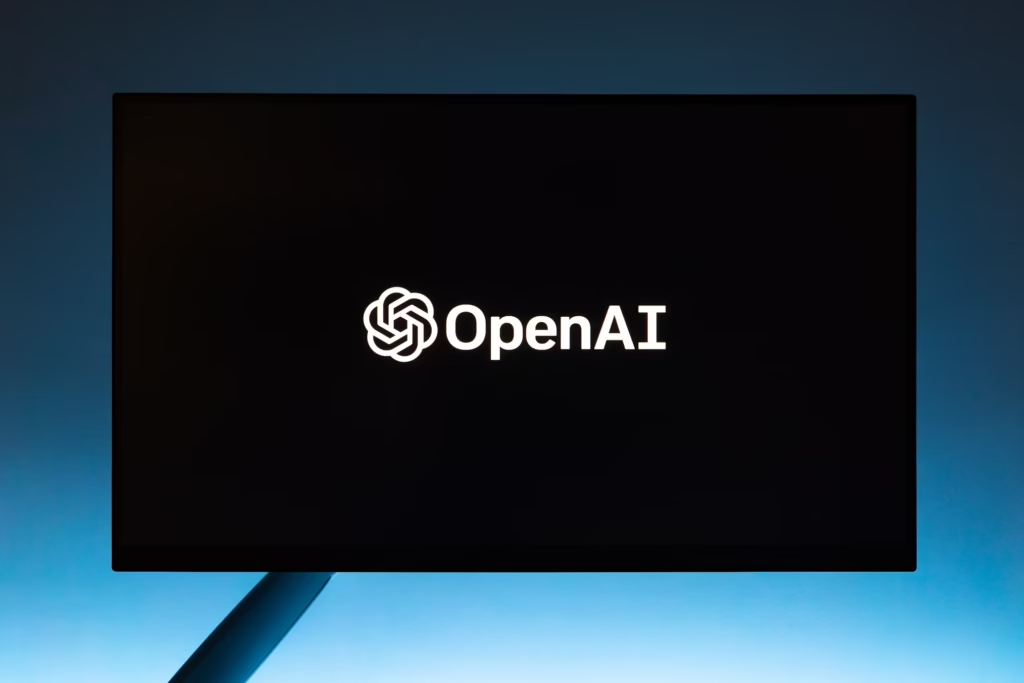Introduction
Artificial Intelligence (AI) is no longer a futuristic concept—it’s a reality that’s transforming industries across the globe. In recent months, major technology companies have ramped up investments into AI, recognizing its potential to revolutionize everything from customer service to business operations. As businesses across sectors prepare for the AI-driven future, companies like Google, Microsoft, and Amazon are positioning themselves as leaders in AI innovation. This article explores the rapid rise of AI within the tech sector and its broader implications for the business world.
AI in the Business World
AI technology is already at the forefront of many business processes, from predictive analytics to process automation. For instance, AI-powered tools help businesses analyze massive amounts of data to predict trends and streamline operations. Customer service has also seen a shift toward AI, with chatbots and virtual assistants increasingly handling queries, providing companies with 24/7 customer support.
But AI’s impact isn’t confined to just data analysis or customer support. Companies are using AI to create more personalized experiences for their consumers. For example, Netflix and Spotify leverage AI to recommend content based on individual preferences. E-commerce giants like Amazon are utilizing AI to predict consumer behavior, optimize inventory management, and personalize product recommendations.
Tech Giants Invest Heavily in AI
Leading companies in the tech industry are not only adopting AI in their operations but also investing heavily in developing cutting-edge AI solutions. Microsoft, for instance, has poured billions into AI research, with a particular focus on cloud computing and AI-driven applications. Their Azure cloud platform uses AI to improve business intelligence and analytics, while companies like Shopify have integrated AI into their e-commerce platform for smarter decision-making.
Google, on the other hand, has continued to push the envelope with AI innovation through its Google Brain team, making advancements in natural language processing, image recognition, and machine learning. The search engine giant has already started rolling out AI-enhanced features for Google Search, making the experience smarter and more efficient for users.
Amazon, the e-commerce behemoth, uses AI in virtually every aspect of its business, from logistics and delivery to voice assistants like Alexa. Through its acquisition of companies like Zoox, Amazon is also delving into autonomous vehicle technology, further highlighting the integration of AI into transportation and logistics.
Challenges and Ethical Considerations
While the benefits of AI are clear, there are also challenges and ethical considerations that businesses must address. Concerns regarding job displacement due to automation have been a recurring issue in discussions about AI’s economic impact. Many worry that as companies continue to automate processes, jobs in certain sectors could become obsolete.
Additionally, ethical dilemmas surrounding data privacy and algorithmic bias are becoming more prevalent. With AI systems relying on vast amounts of data to function, ensuring transparency and fairness in the data used to train algorithms is critical. The question of who owns the data and how it’s utilized remains one of the most pressing ethical issues in AI development.
The Future of AI in Business
Despite these challenges, the future of AI in business looks promising. As the technology continues to evolve, it will undoubtedly unlock new opportunities for companies to improve their operations, reach new customers, and create innovative products and services. However, businesses must approach AI with caution, balancing the benefits of automation with the need for ethical guidelines and human oversight.
Conclusion
AI is rapidly changing the landscape of the business world. Tech giants are leading the charge by investing heavily in AI research and integrating the technology into their products and services. However, businesses must be aware of the challenges that come with AI adoption, including job displacement, ethical concerns, and data privacy. As AI continues to grow, the companies that navigate these challenges effectively will be best positioned for success in the future.
